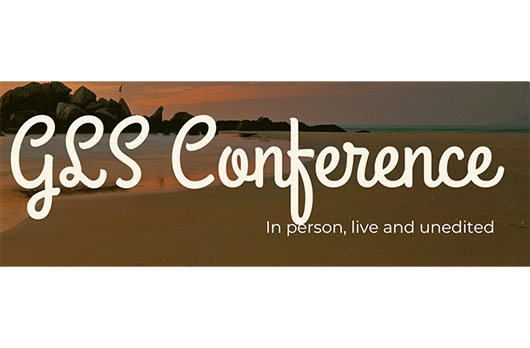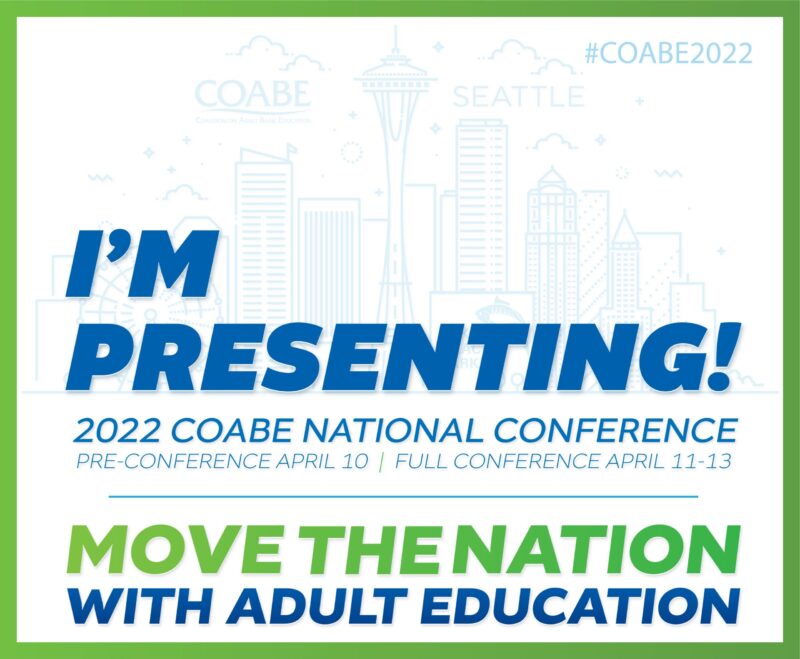
Learn more about each poster session here.
Score:

Check out when TERC researchers will be presenting at this year’s AERA’s conference.
Score:
Don’t miss these sessions on Monday, April 4th and Tuesday, April 5th.
Score:
During the session, participants will experience several activities as learners and look at those same activities (and student work) from a teacher’s perspective.
Score:


This paper is about a design-based research (DBR) study that focused on both iteratively developing and improving home-based, engineering design activities for families with preschool-age children and advancing theory about strategies that support engineering design engagement for children and adult family members.
Score:
TERC will be represented by Mia Ong, Michael Cassidy, Sabrina De Los Santos, and Anya Carbonell at the Eastern Sociological Society meeting in Boston this weekend.
Score:
This book and its accompanying on-line resource share lessons from innovators in the field to support ongoing professional development efforts with essays about current issues.
Score:
